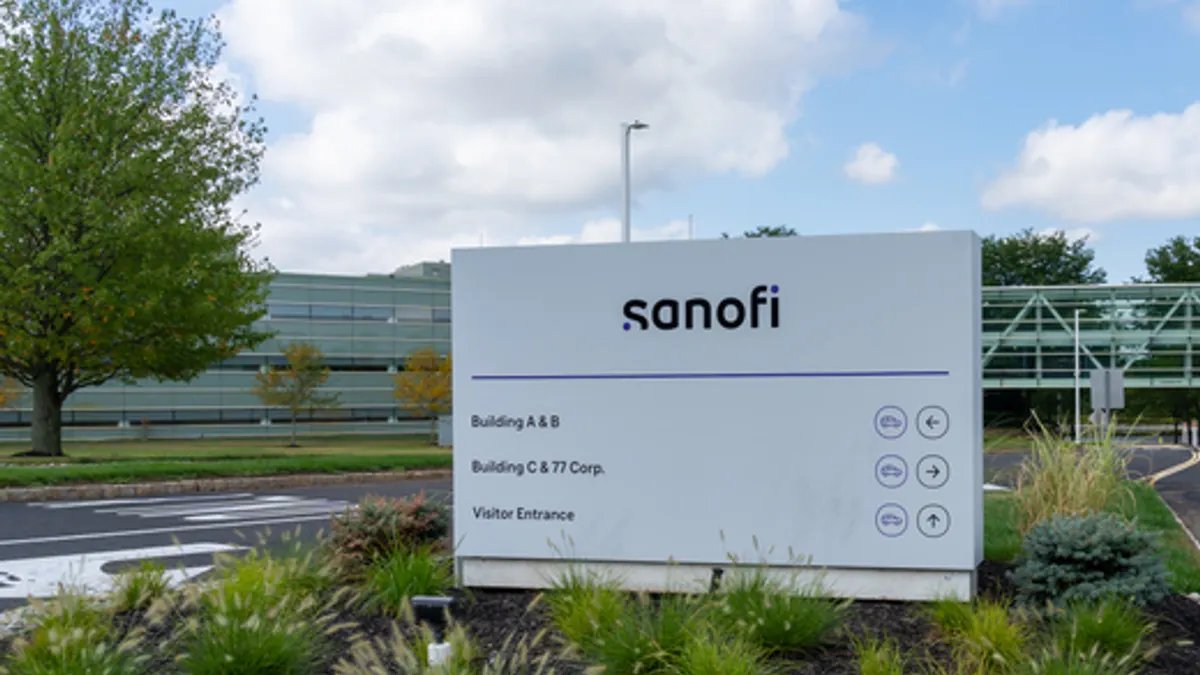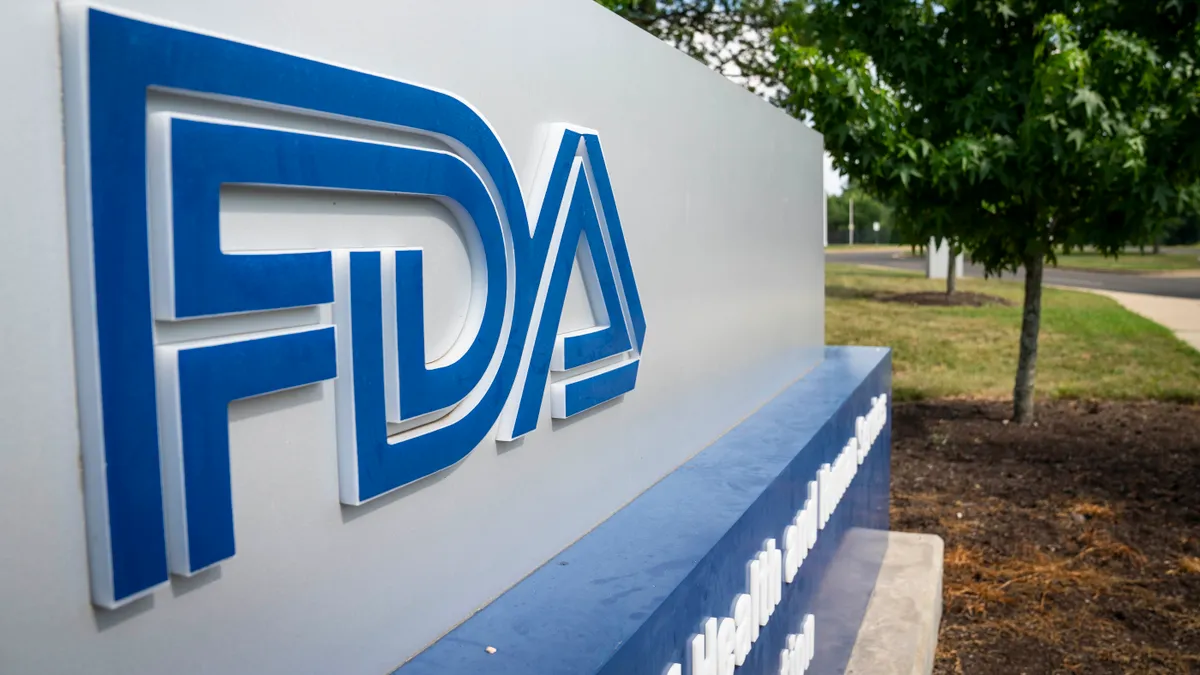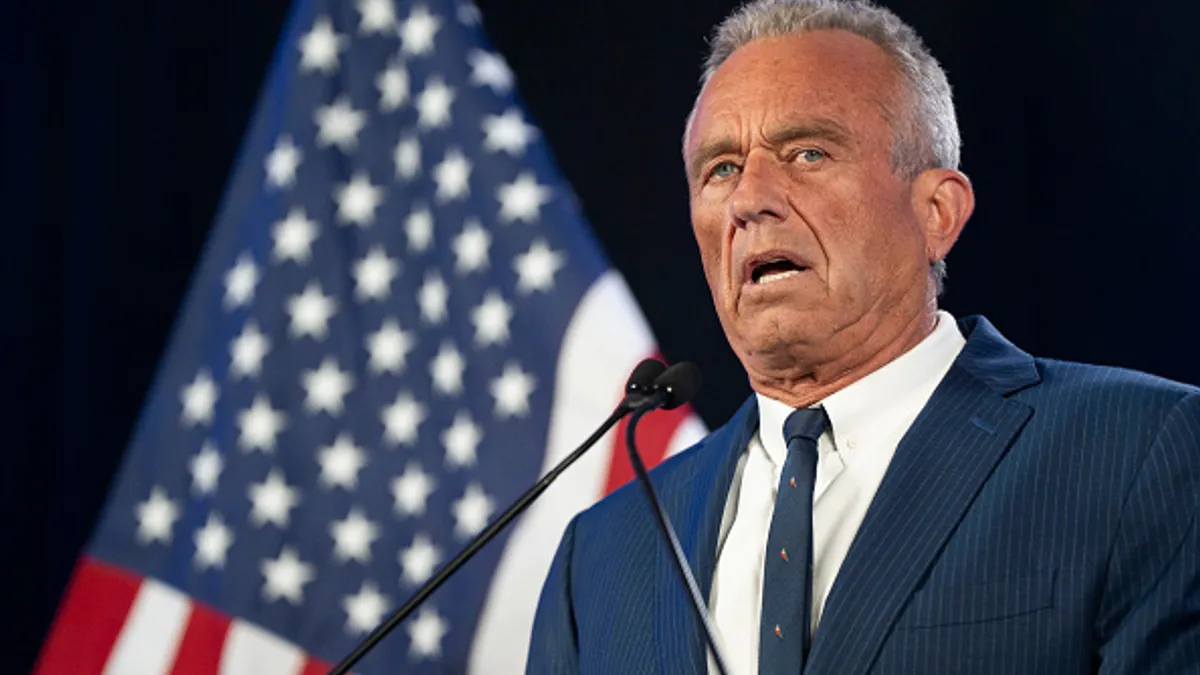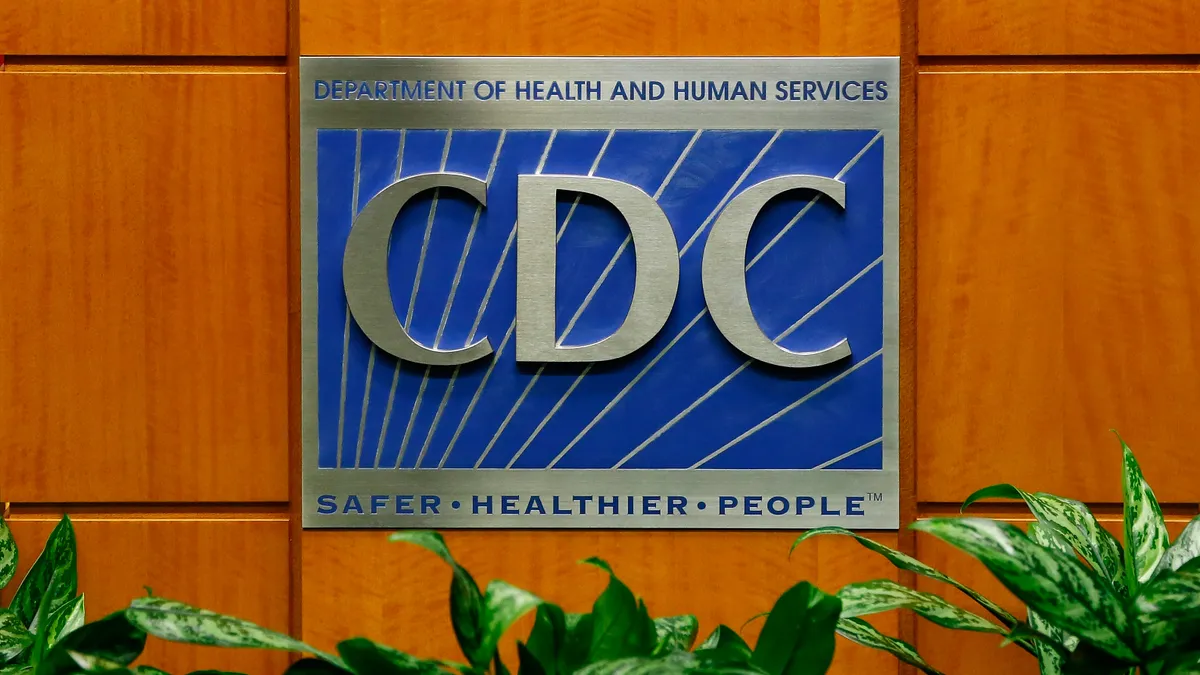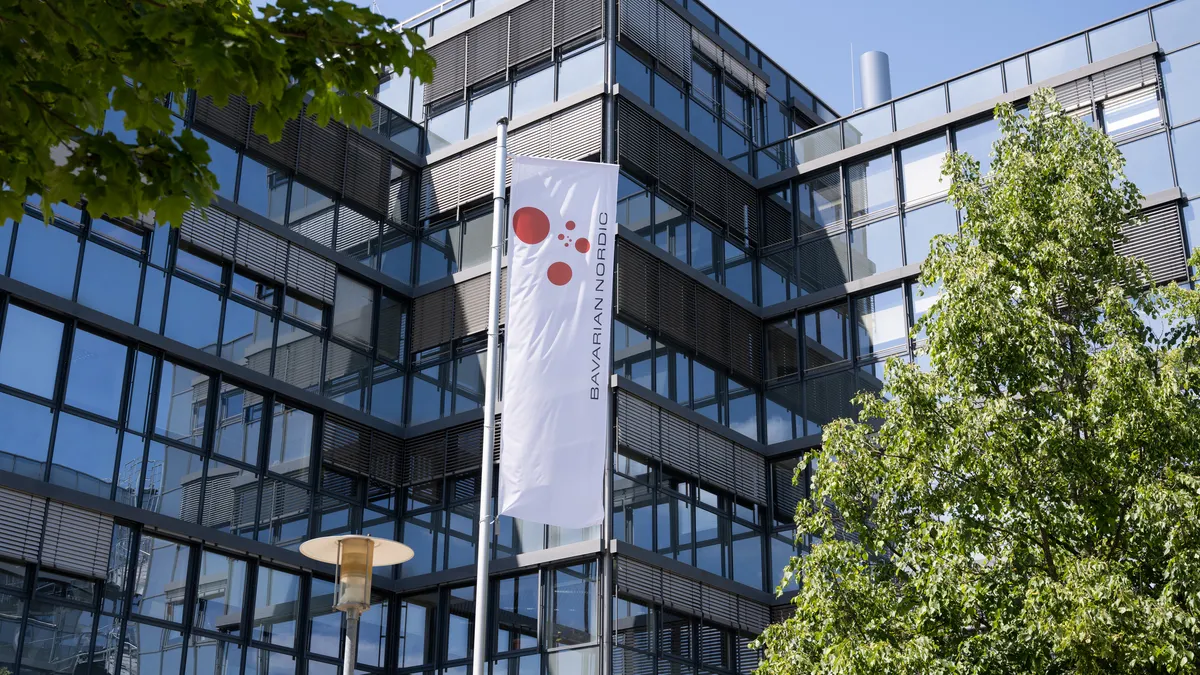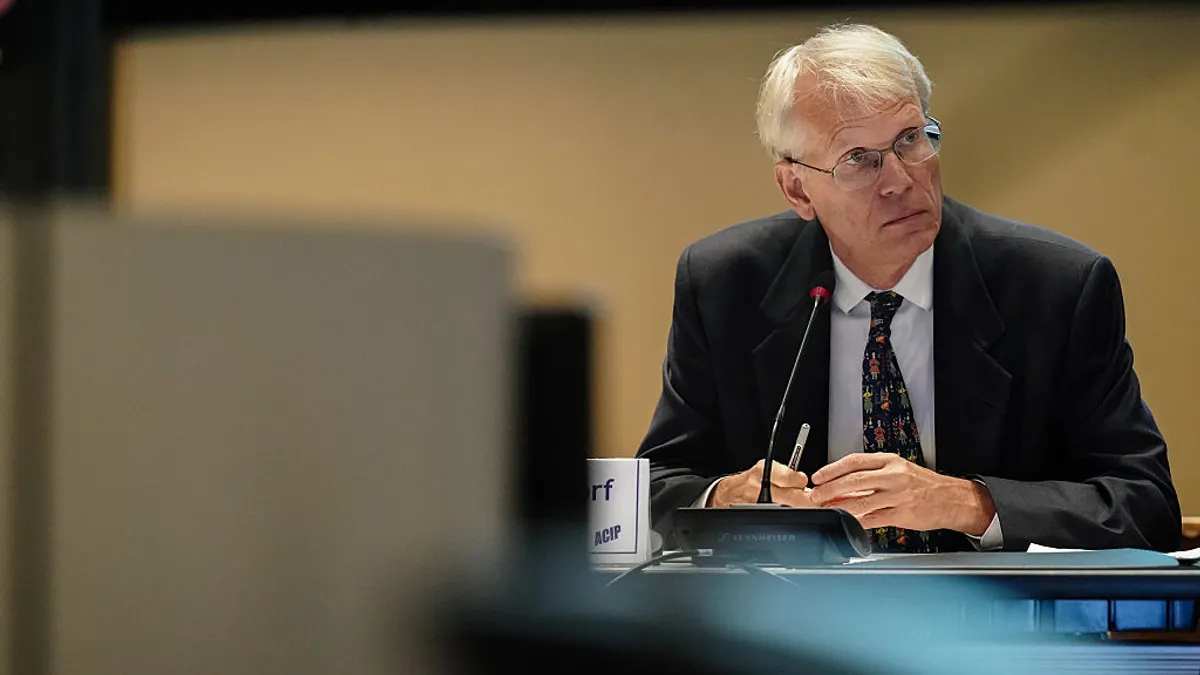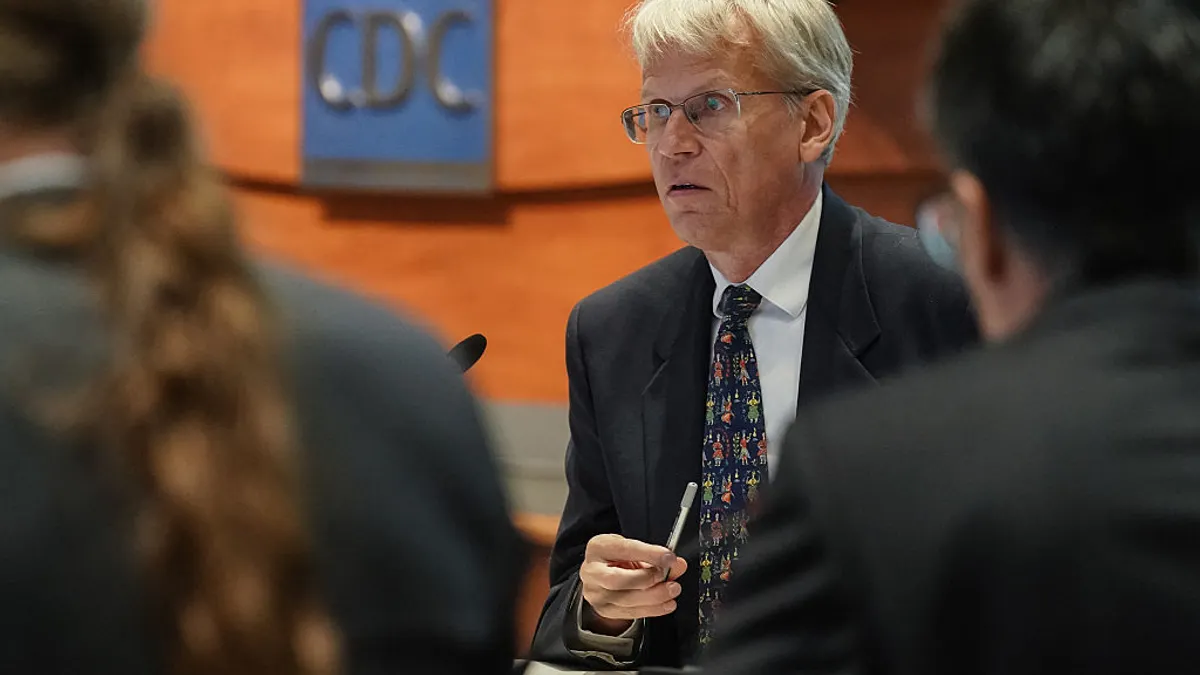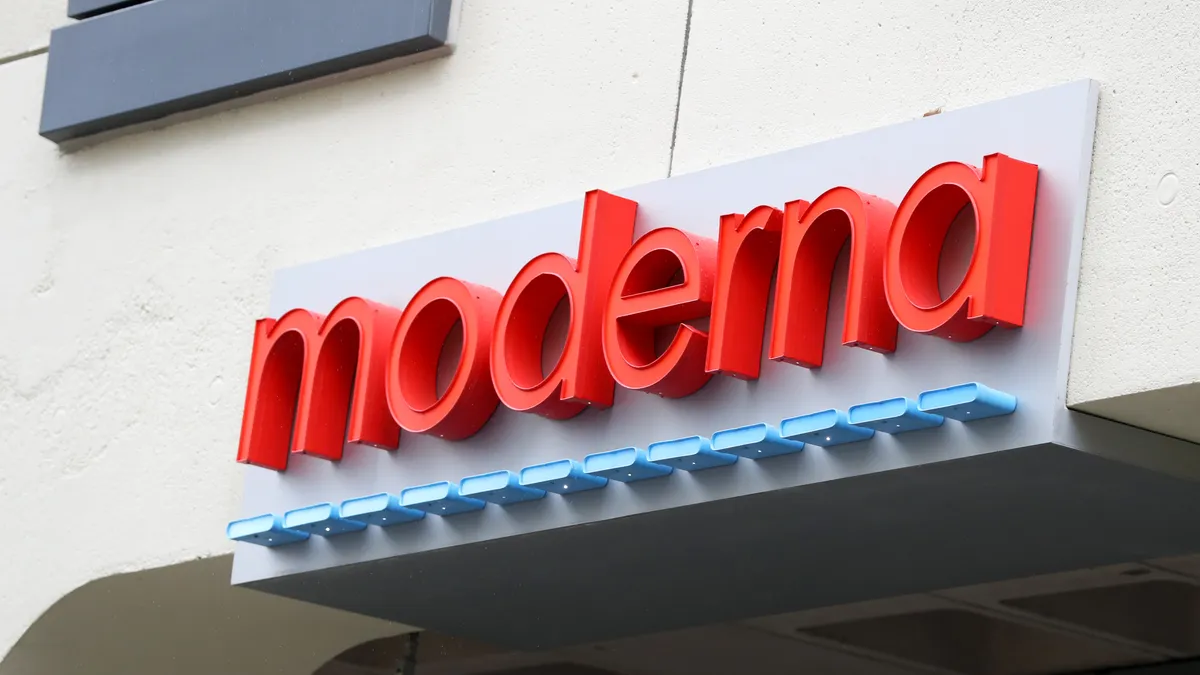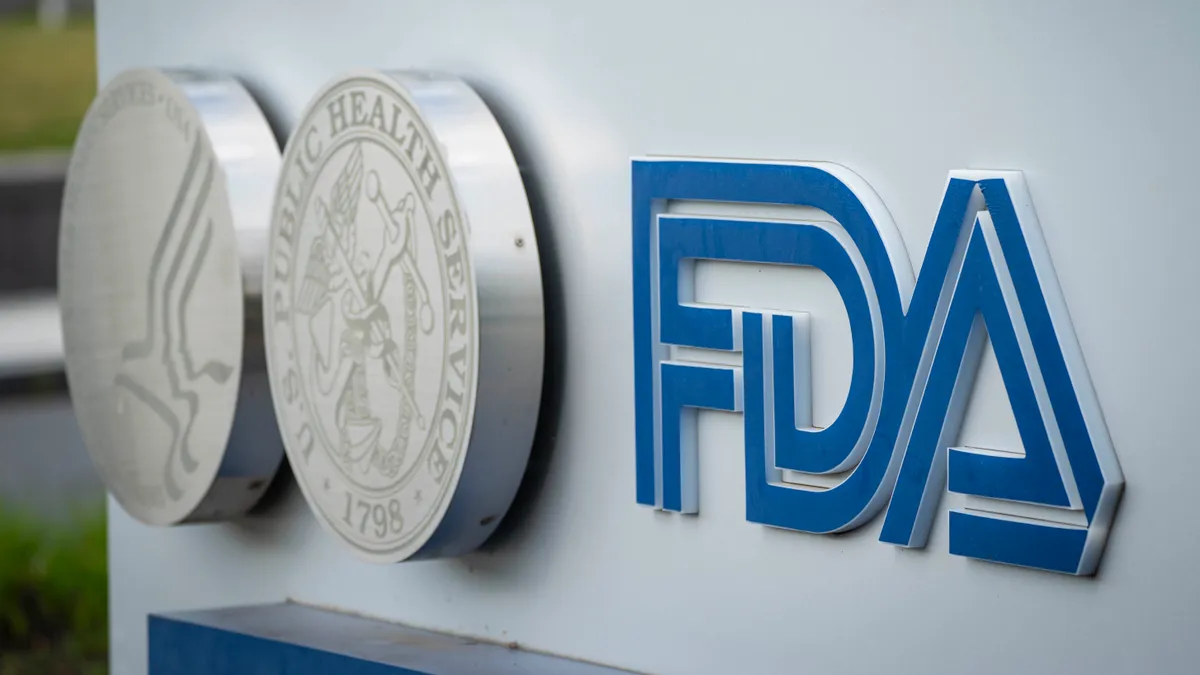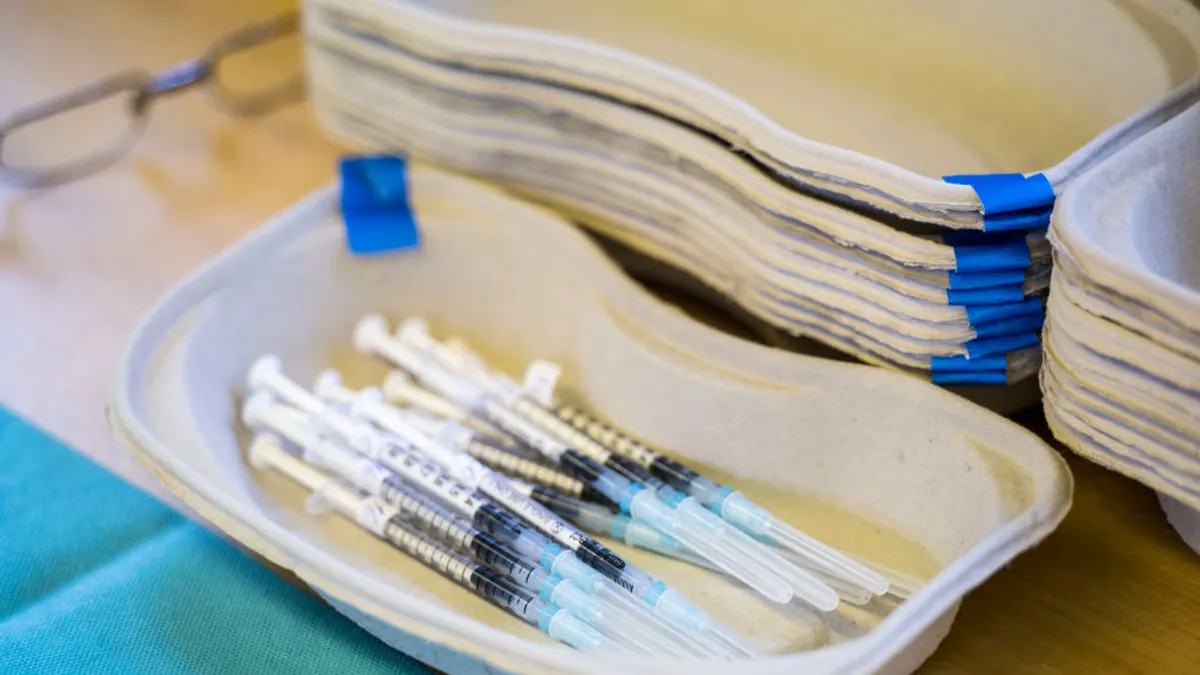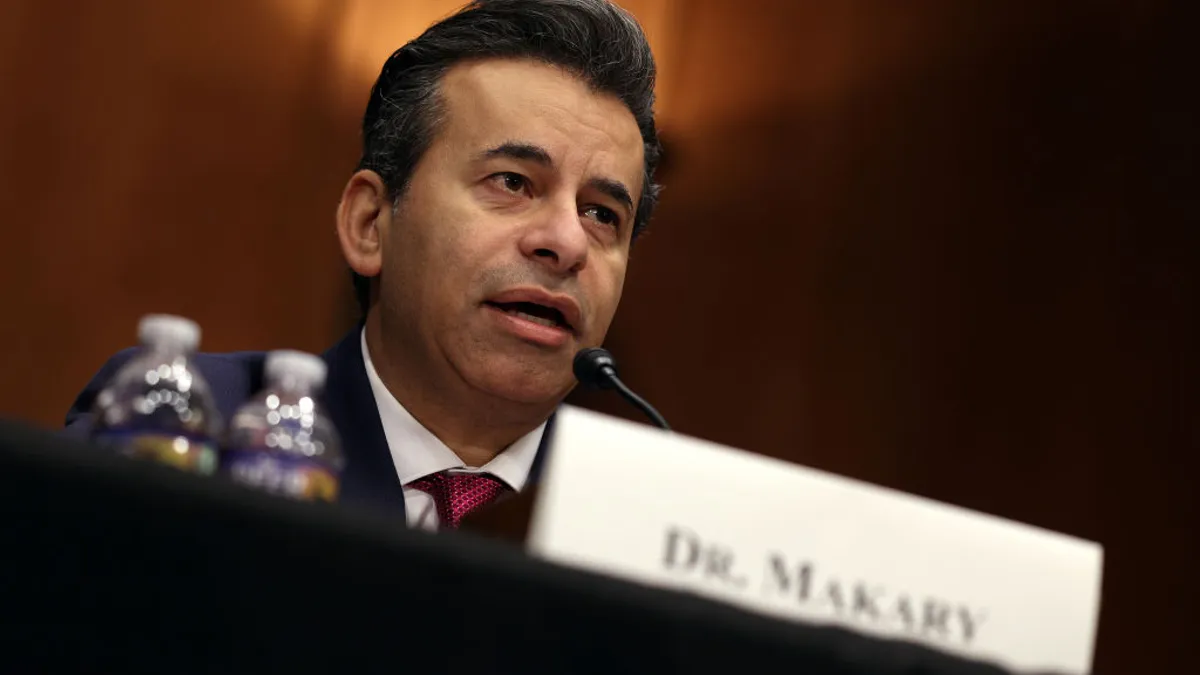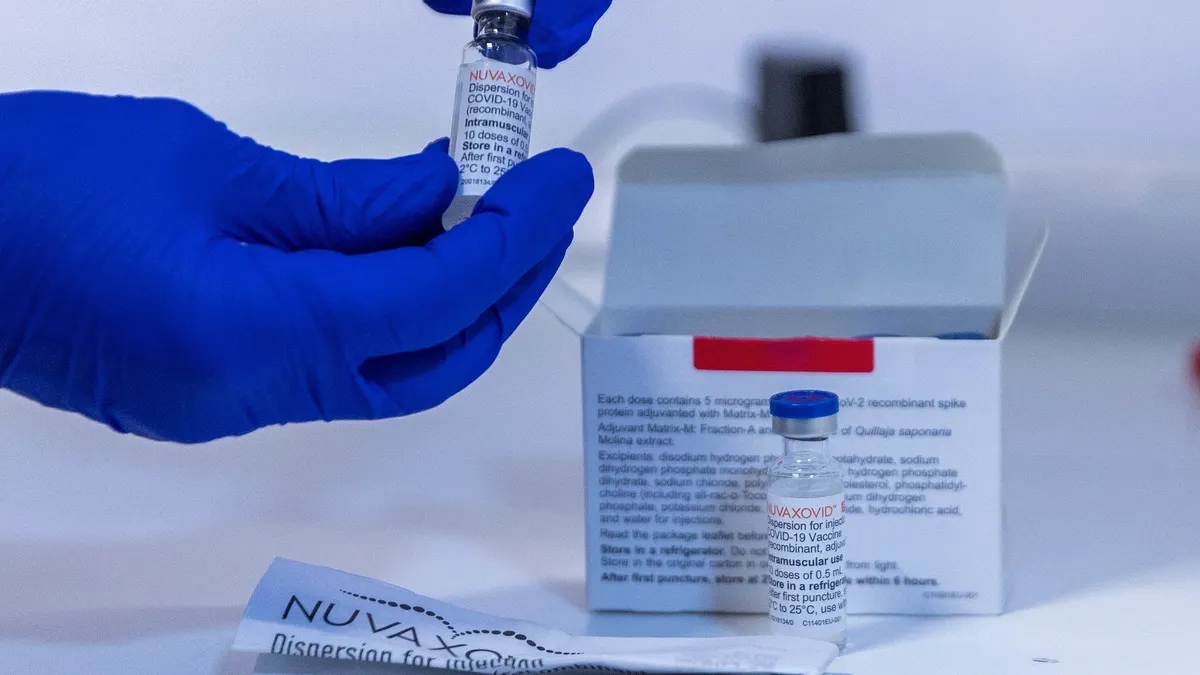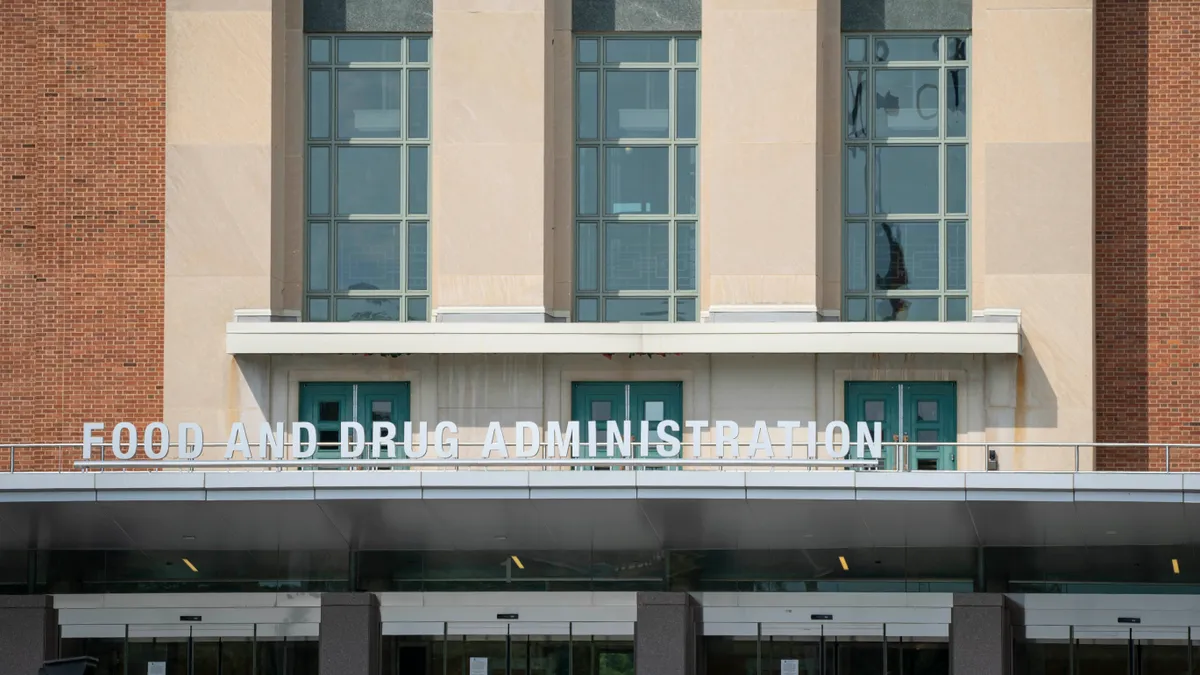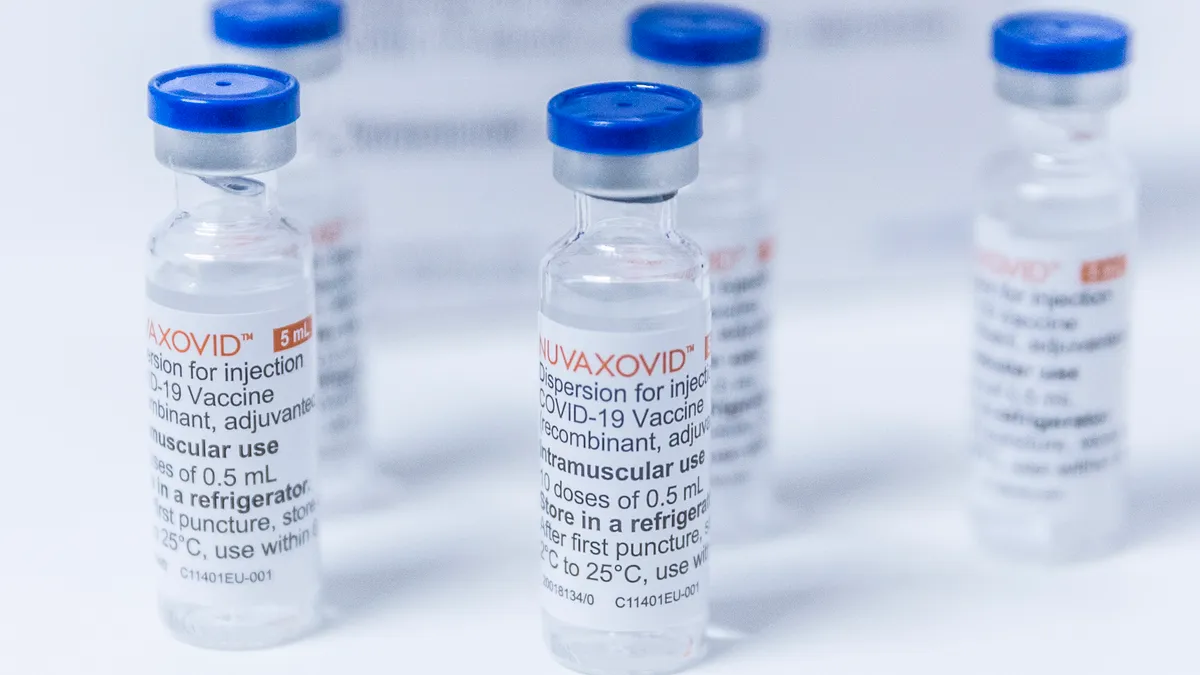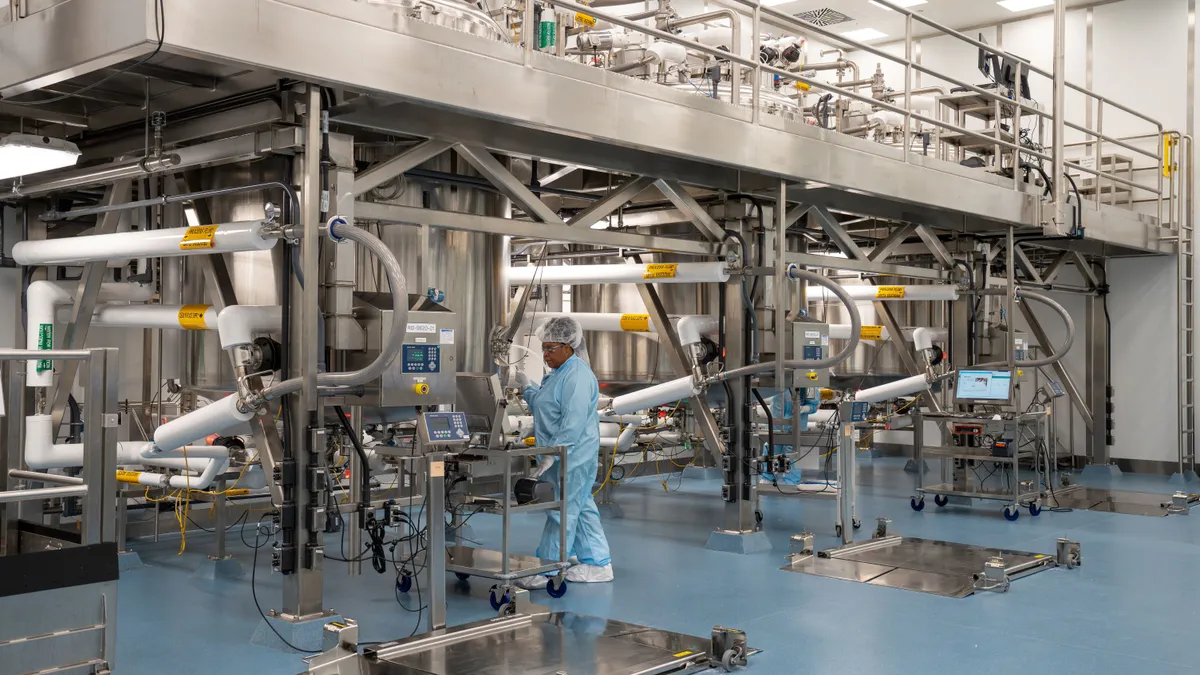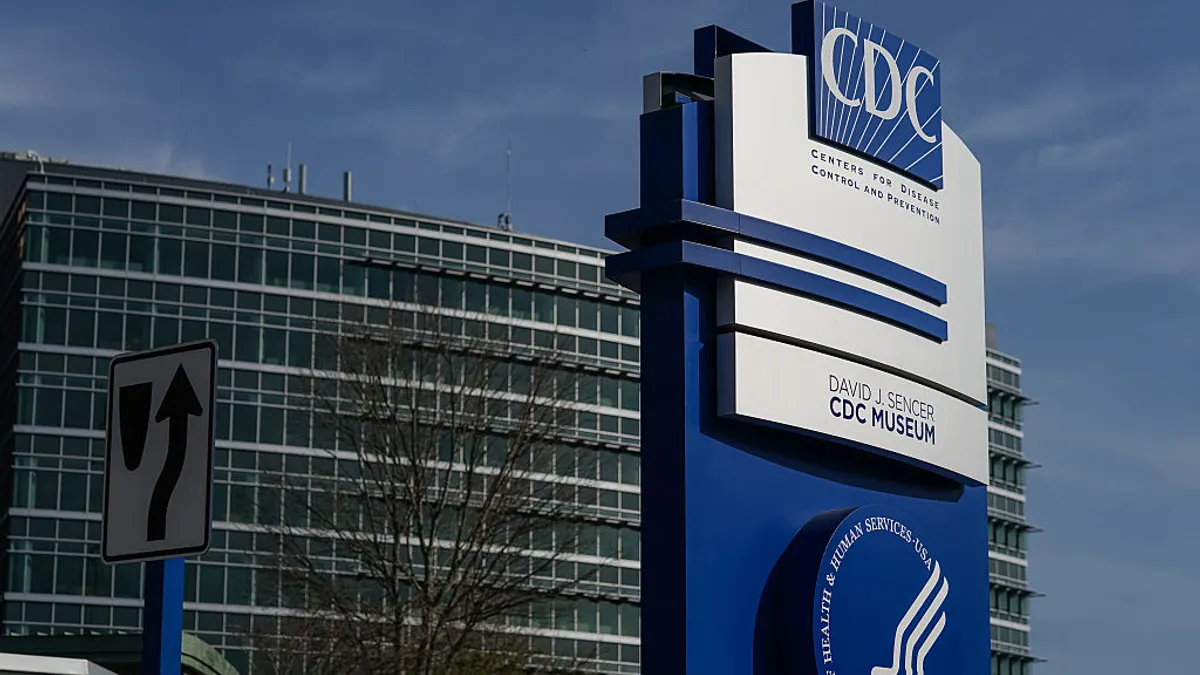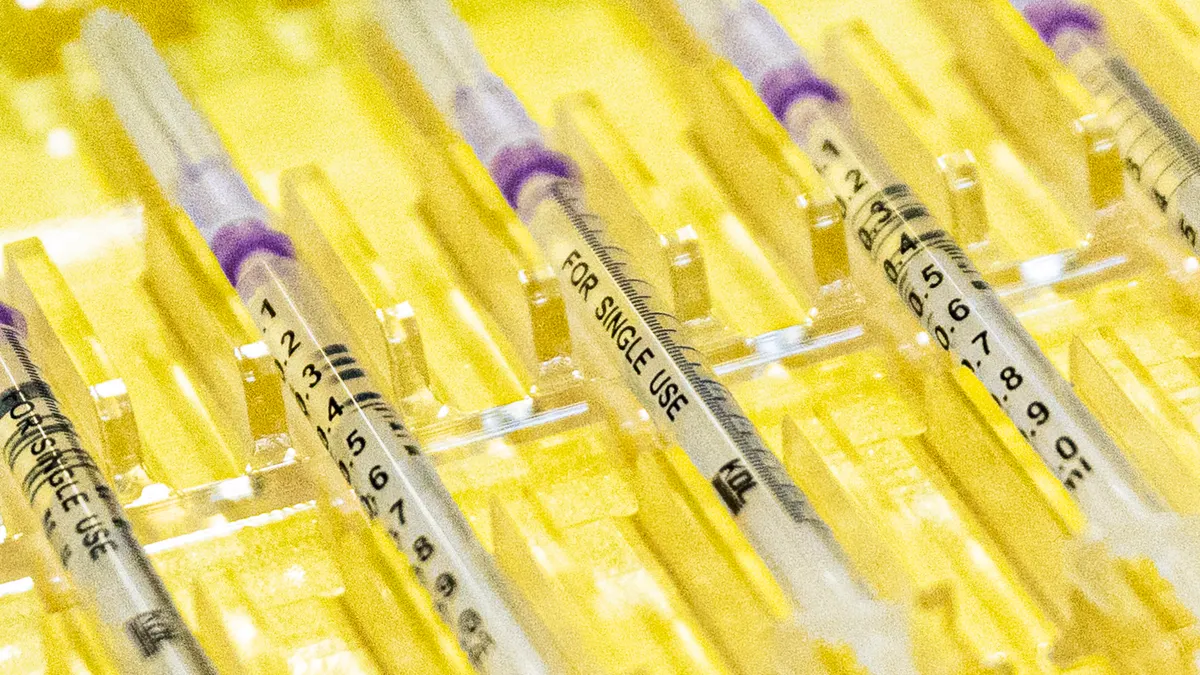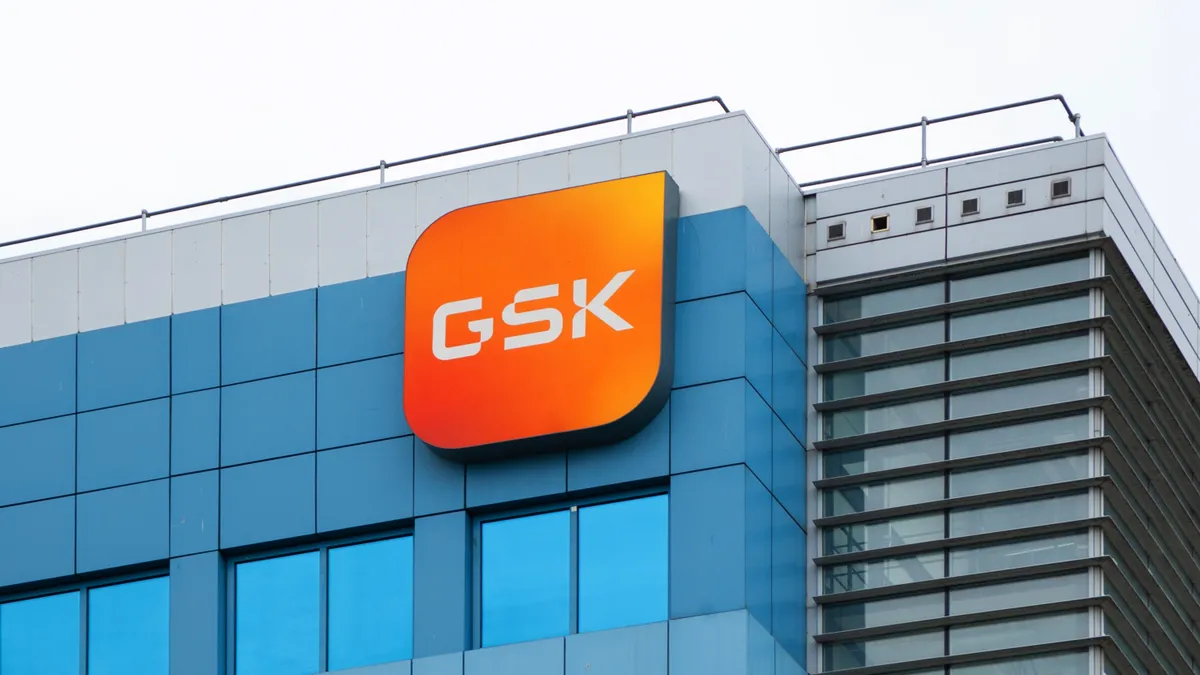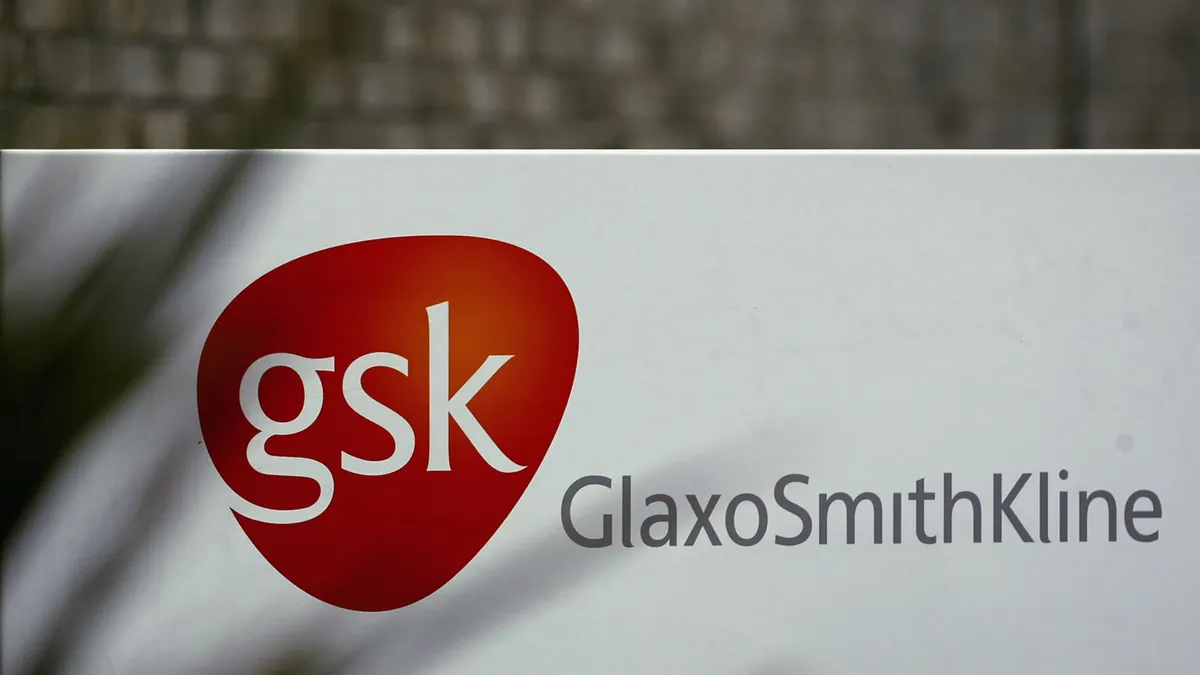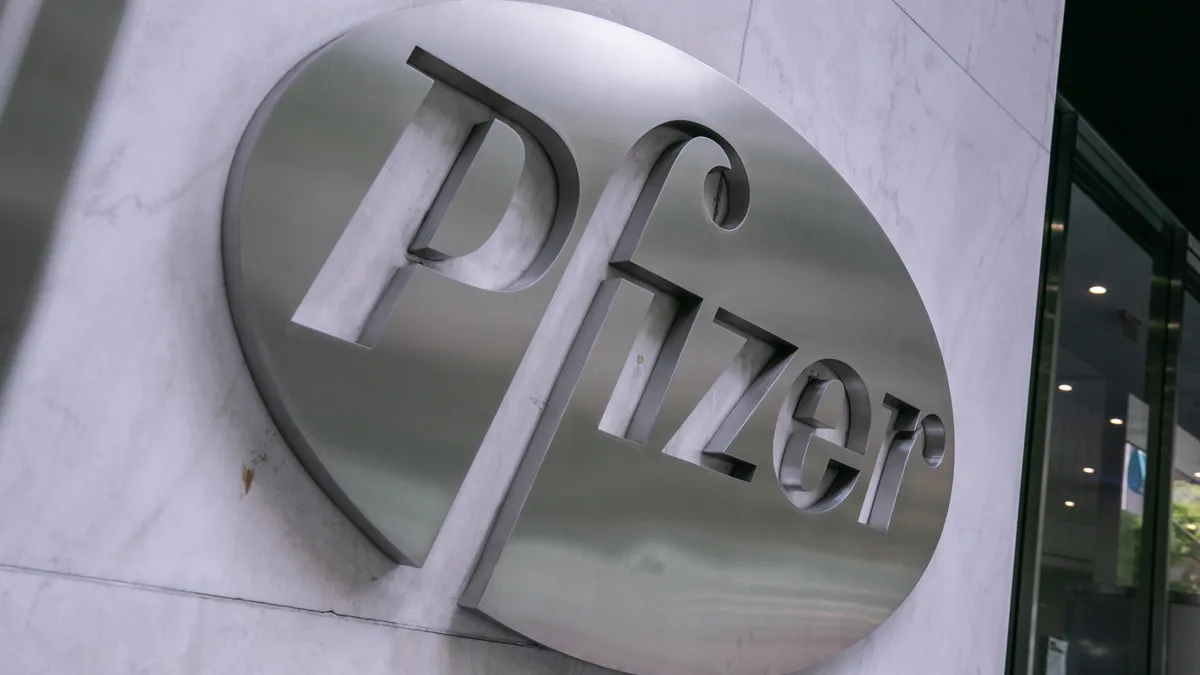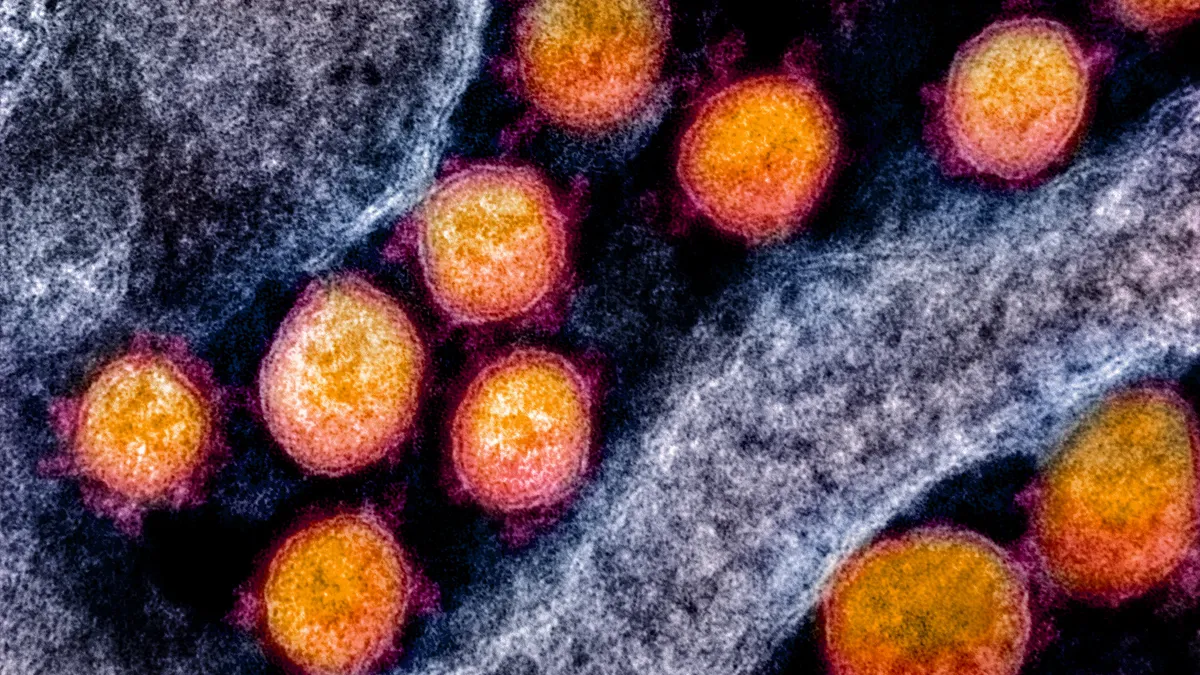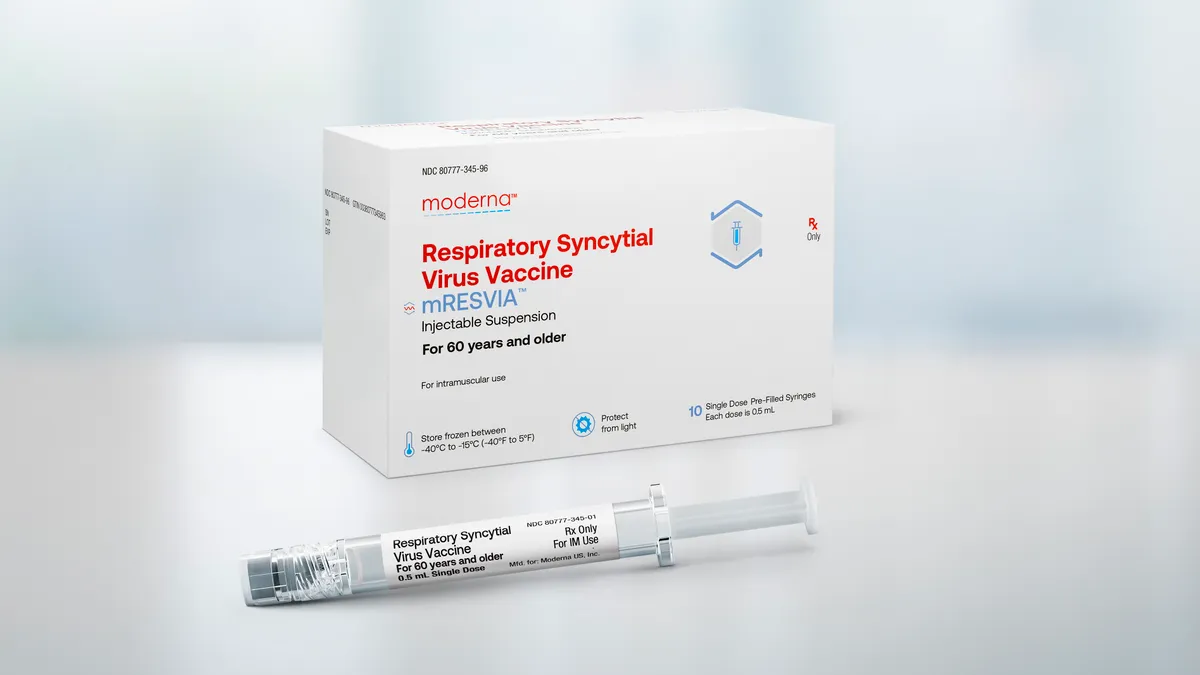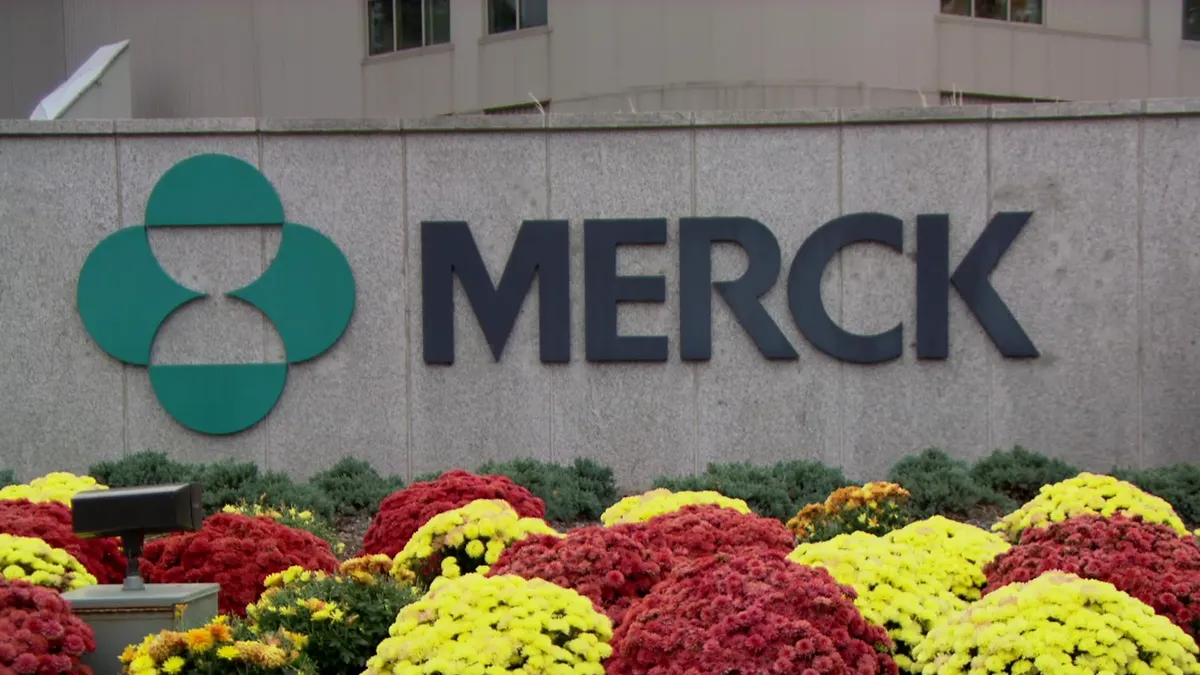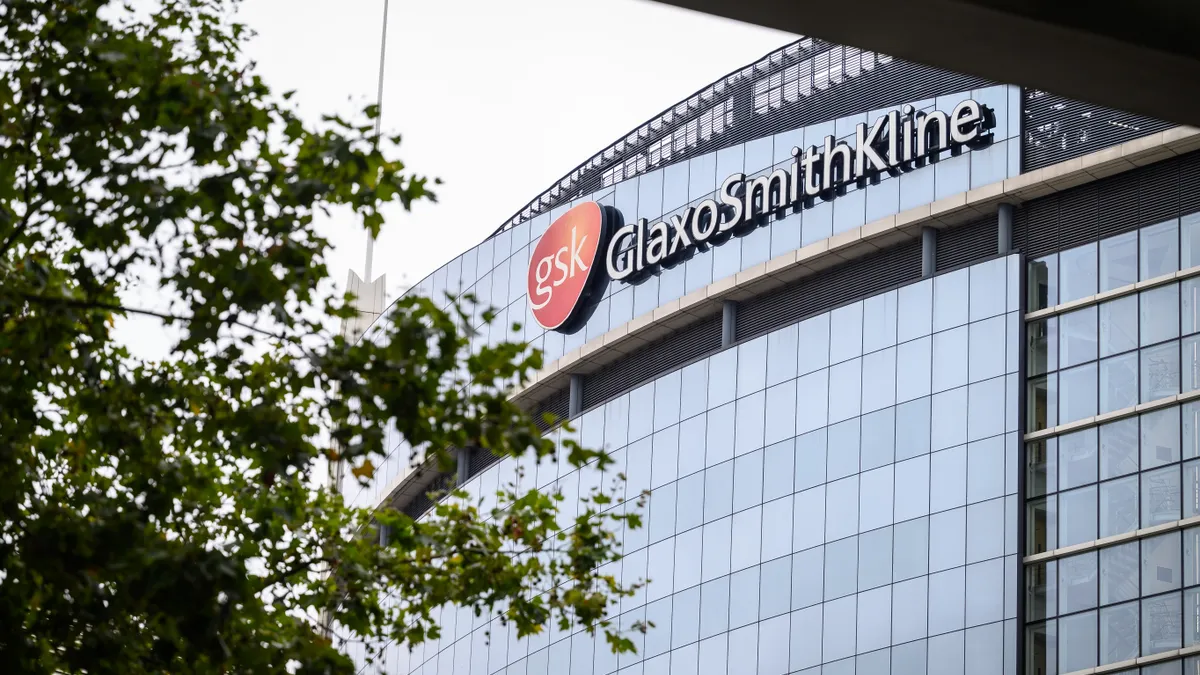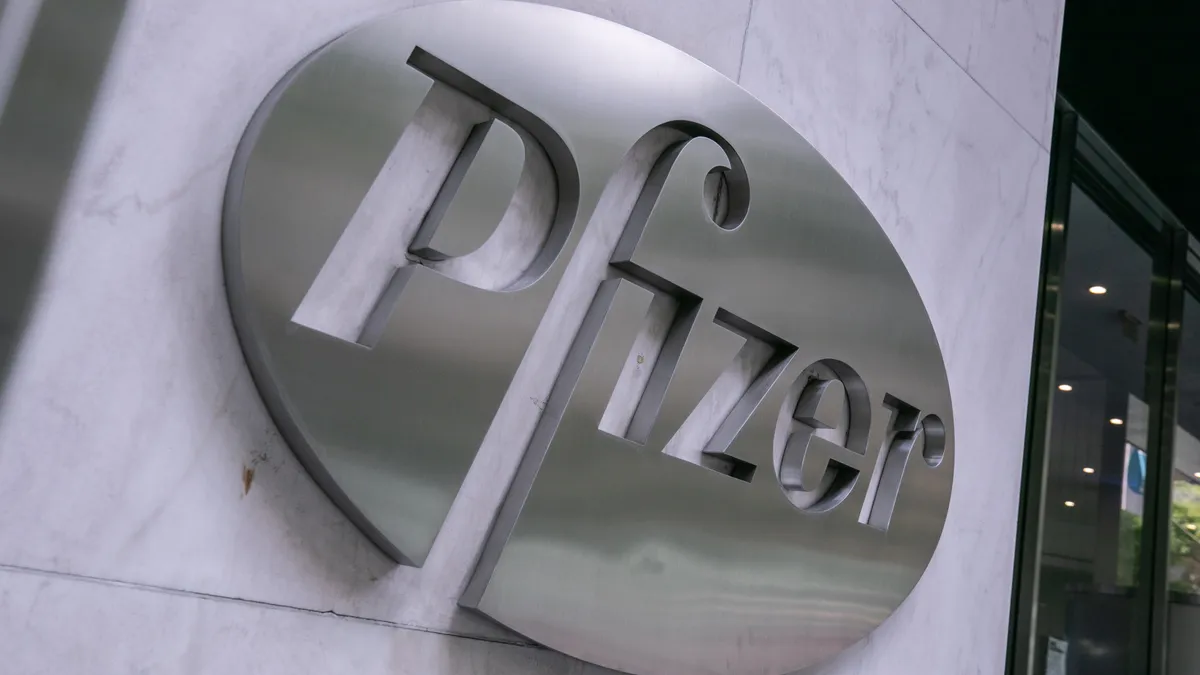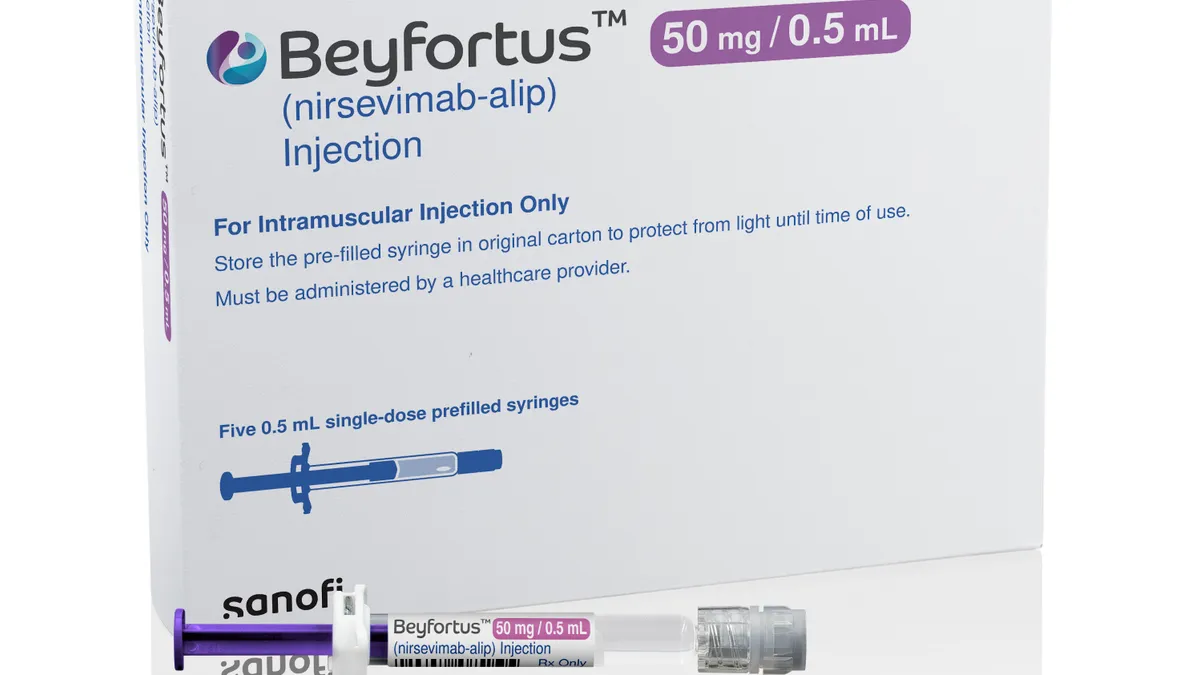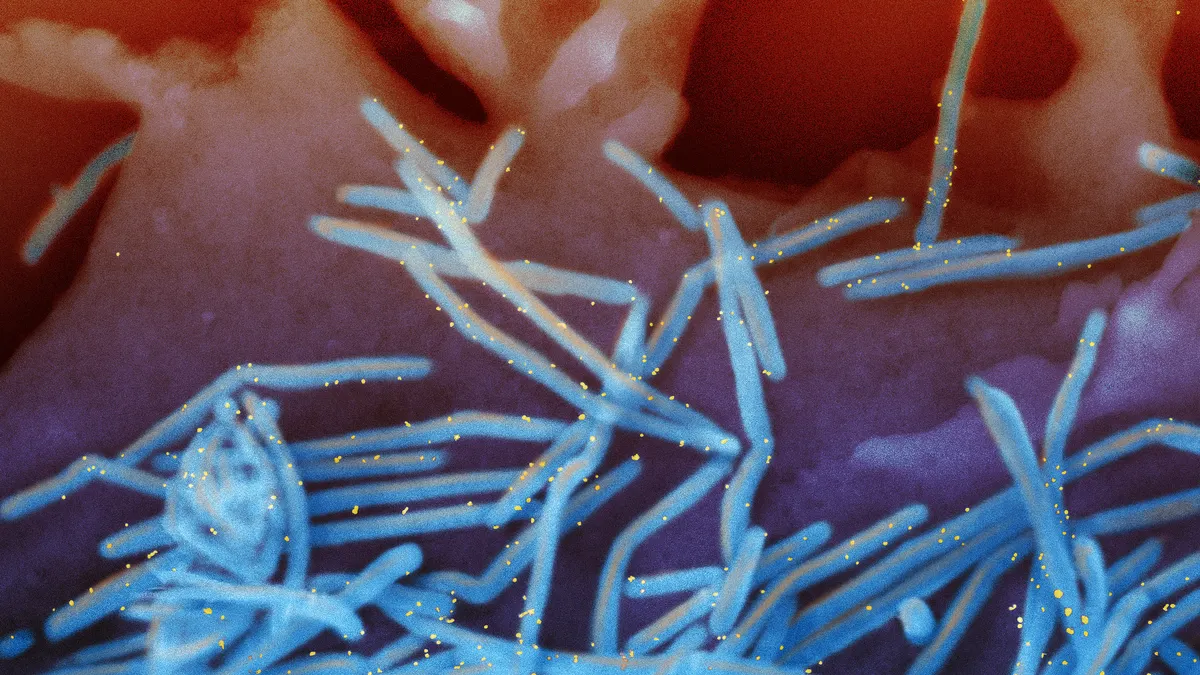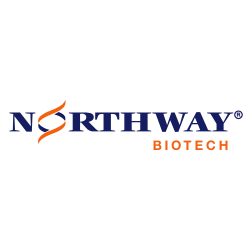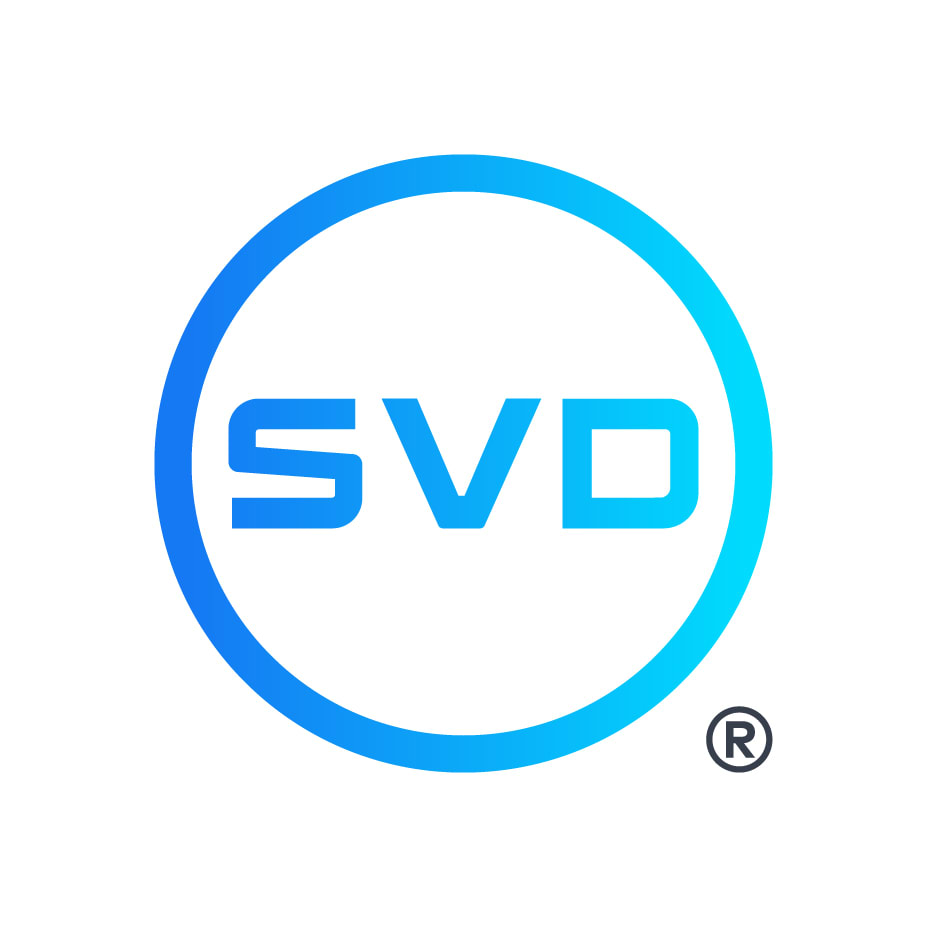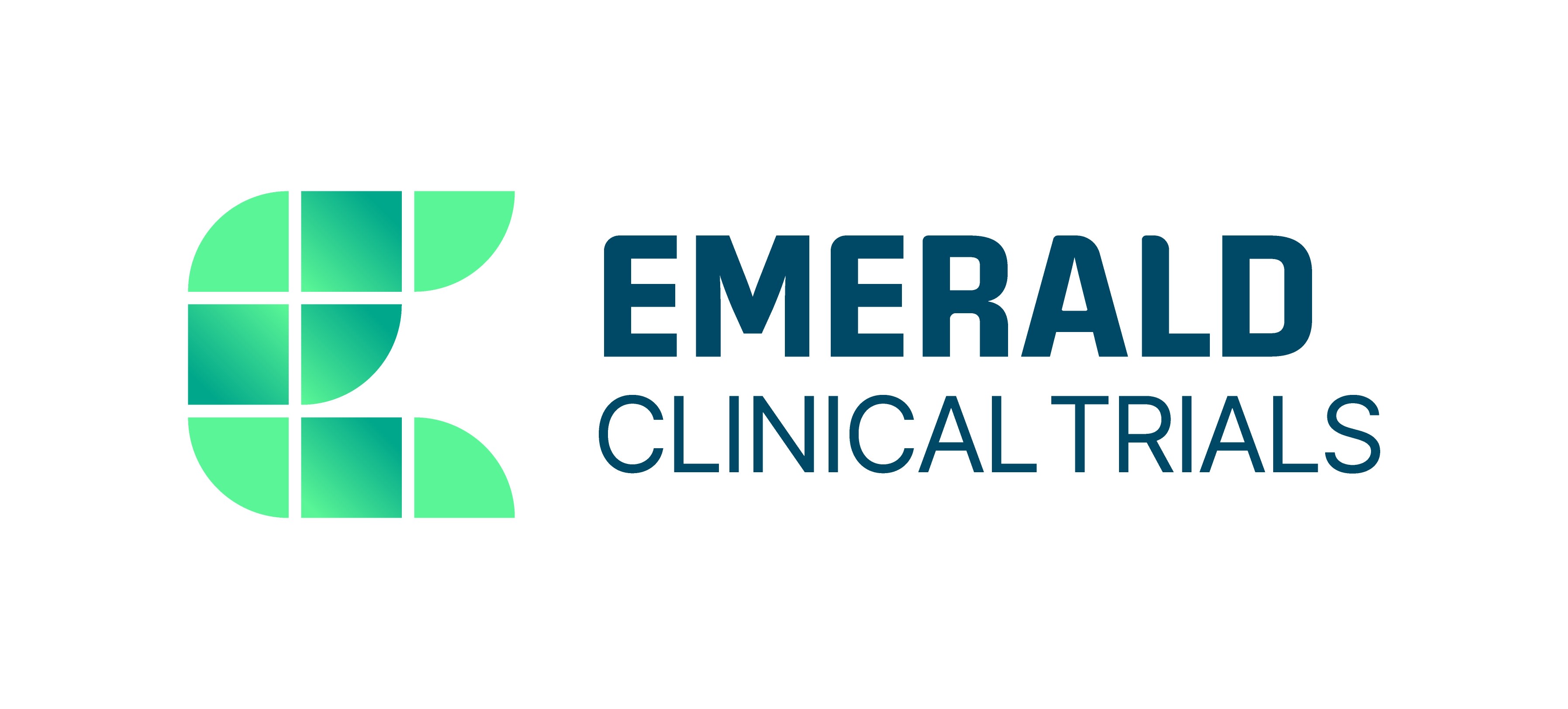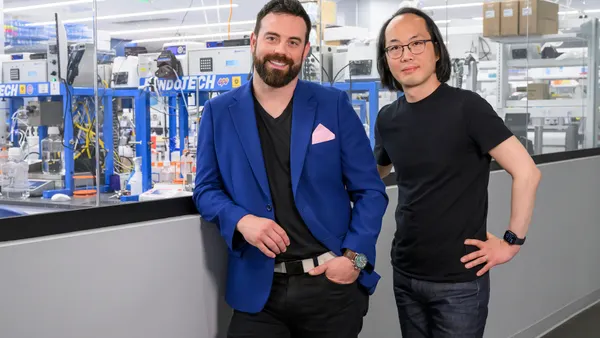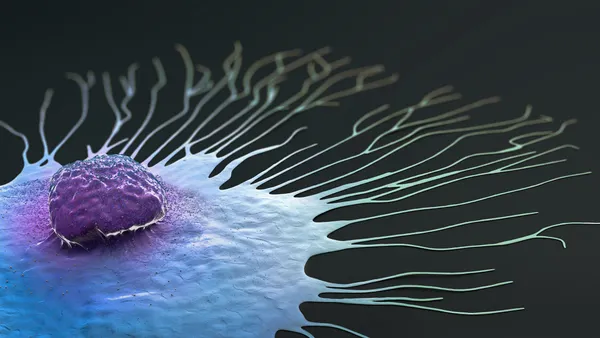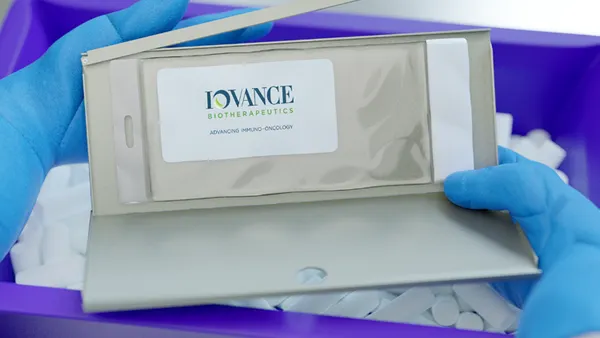Dive Brief:
- French pharmaceutical giant Sanofi said Tuesday it will pay $1.15 billion to acquire the privately held London-based private biotechnology company Vicebio and its portfolio of experimental vaccines.
- Through the deal, Sanofi will gain a combination shot now in clinical testing for protection against respiratory syncytial virus and human metapneumovirus, or hMPV. Vicebio specializes in a vaccine technology it dubs “molecular clamp.”
- Per deal terms, Vicebio could also receive up to $450 million in additional payments based on achievement of developmental and regulatory milestones. The companies expect the acquisition to close in the fourth quarter.
Dive Insight:
Sanofi is one of the largest vaccine manufacturers, and has found success with treatments for respiratory infections such as influenza and RSV. An antibody drug, Beyfortus, that Sanofi developed with partner AstraZeneca has become a blockbuster product for preventing RSV disease in infants.
However, Sanofi has also been looking to broaden its vaccine portfolio to include other, non-mRNA technologies. Last year, the French pharma partnered with Novavax, gaining rights to co-market its protein-based COVID shot. And now, the acquisition of Vicebio could bolster its pipeline with new options to treat respiratory infections.
Vicebio’s lead candidate, dubbed VXB-241, could allow Sanofi to “offer increased physician and patient choice in RSV and hMPV by adding a non-mRNA vaccine to its pipeline,” the company said in a statement. VXB-241 is currently in Phase 1 testing.
Leerink Partners analyst David Risinger wrote in a client note Tuesday that the deal is evidence of Sanofi’s “enthusiasm for developing protein-based combination vaccines.”
Vicebio also has another candidate in preclinical development against RSV, hMPV and parainfluenza virus Type 3, a respiratory infection that commonly infects children and can lead to bronchitis or pneumonia.
The biotech uses technology developed by researchers at Australia’s University of Queensland. This “molecular clamp” platform is designed to elicit strong immune responses against respiratory diseases, while permitting simpler and faster production and distribution.
“This opens the door to user-friendly formats such as pre-filled syringes and supports efficient, large-scale manufacturing,” Vicebio CEO Emmanuel Hanon, wrote in an email.
Vicebio was formed by European life sciences investment firm Medicxi in 2018. The University of Queensland remains an investor.
“[This acquisition] significantly increases the likelihood of seeing our innovation reach the market, ultimately benefiting patients and supporting the efforts of public health authorities,” Hanon added.
Editor’s note: This story has been updated with commentary from Vicebio.



